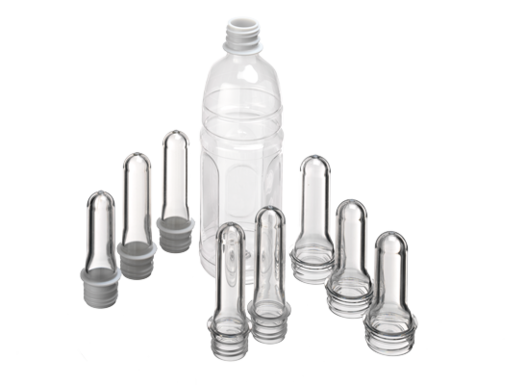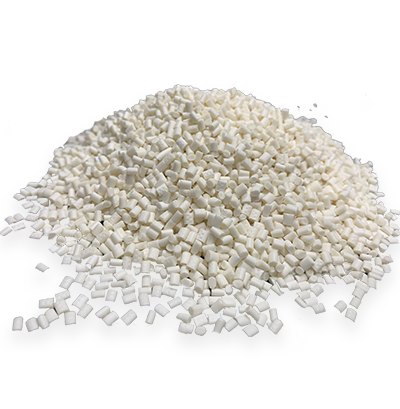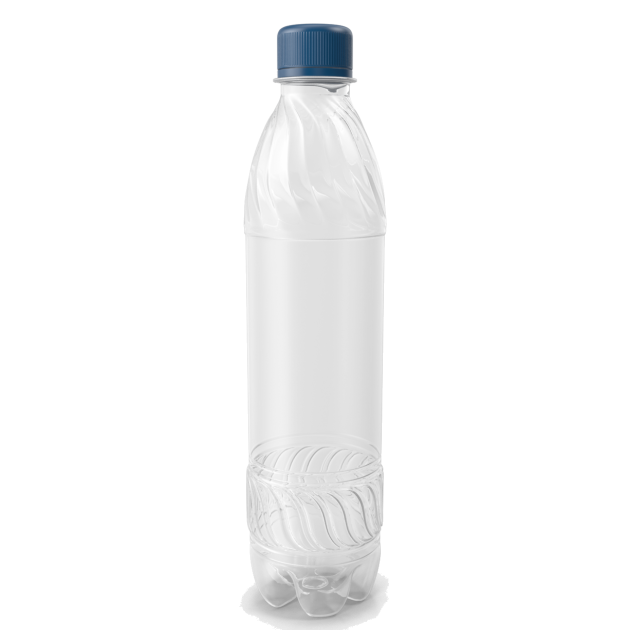Explore our PLA products


PLA Preforms
The foundation of sustainable bottle production, our PLA preforms offer a compostable and renewable alternative to conventional plastic.




PLA Bottles
PLA Compound
A high-performance biopolymer blend, perfect for creating sustainable packaging, molded products, and innovative eco-friendly applications.
Lightweight, biodegradable, and designed for sustainability, our PLA bottles provide an environmentally responsible alternative for beverages and more.
iBio
Innovative biopolymers for a greener future.
contact us
business@ibio.lt
© 2025. All rights reserved.
